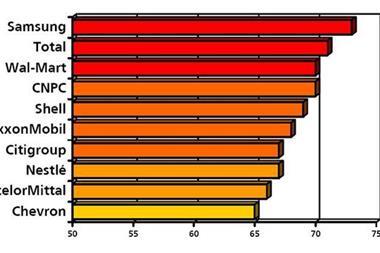What does the HBOS rights issue say about the reputation of British banks?
HBOS shares had a take up of just 8% when they were offered to investors at a knockdown price. Doesn’t this represent a huge lack of confidence in a bank? It can’t raise money from its own shareholders at a preferential rate. The pricing and timing of a rights issue is an art form but experienced players like Morgan Stanley and Kleinwort Benson will be shocked at how many shares they must offload elsewhere. If your own shareholders don’t want more shares when offered to them exclusively as a special deal, then what does this say about your reputation?
In fairness to HBOS this is a similar picture to Barclays whose recent rights issue achieved a sub 20% uptake, leaving their underwriters with a headache. Perhaps it isn’t just HBOS shares that are unattractive. The sector is riddled with suspicion that shares have further to fall and the value trend is downward. Is this the shareholders venting their anger at the credit crunch? Do shareholders believe that management at our high street banks deserves to be punished for toxic debt?
There are probably two good reasons why these rights issues have failed so spectacularly. The first is timing and the second is shorting. Timing is significant because the shareholders know why they’re being asked for money, it is to make up for shortfalls in management prudence, not to invest in future growth. Funding raised for growth based on good performance is easy to secure, but funding raised to patch up some poorly covered risks is not so easy. The same management will be in place so repeat errors in judgement are likely.
“The sector is riddled with suspicion that shares have further to fall and the value trend is downward.
The shorting issue is a feature of the players in the market and the power of hedge funds. Short sellers bet on share price movement, they are not investors in the business but gain from the dynamics of its value. Volatility is the life blood of gamblers who have the capacity to sap investor confidence and destroy reputations. The one big problem with reputation is that you don’t control what you own. Banks have been and will continue to be targeted by shorting. This possibility makes holding bank shares unattractive.
Reputations are earned and banks are not immune from reputation damage. For any bank, absence of confidence among its own shareholders can be just as damaging to its reputation as hedge fund short selling.
Garry Honey is the founder of reputation risk consultancy Chiron www.chiron.uk.net



















No comments yet